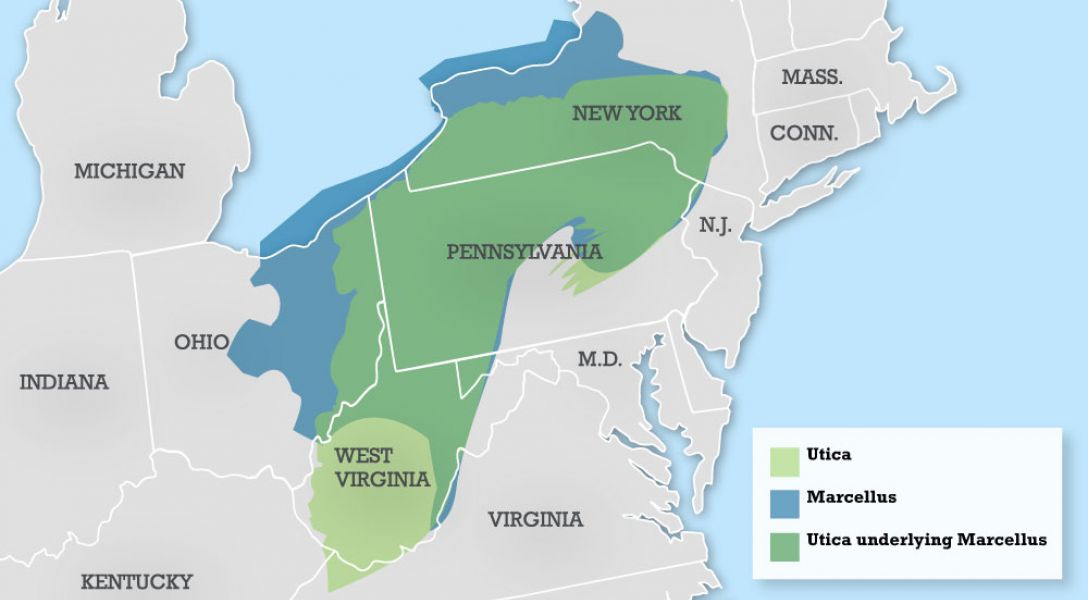Professor of Statistical Sciences Martin Wells and co-authors Anthony Ingraffea, Renee Santoro and Seth Shonkoff, had their research on oil and gas wells published in the Proceedings of the National Academy of Sciences (PNAS) June 2014 edition. The team studied publically available records from more than 41,000 wells in the the Marcellus region of Pennsylvania. The authors concluded that about 40 percent of the oil and gas wells in the region (or 4 out of 10 wells) will leak methane into the groundwater or atmosphere. The complete paper, "Assessment and risk analysis of casing and cement impairment in oil and gas wells in Pennsylvania, 2000–2012," can be downloaded from the PNAS site.
Abstract:
Casing and cement impairment in oil and gas wells can lead to methane migration into the atmosphere and/or into underground sources of drinking water. An analysis of 75,505 compliance reports for 41,381 conventional and unconventional oil and gas wells in Pennsylvania drilled from January 1, 2000–December 31, 2012, was performed with the objective of determining complete and accurate statistics of casing and cement impairment. Statewide data show a sixfold higher incidence of cement and/or casing issues for shale gas wells relative to conventional wells. The Cox proportional hazards model was used to estimate risk of impairment based on existing data. The model identified both temporal and geographic differences in risk. For post-2009 drilled wells, risk of a cement/casing impairment is 1.57-fold [95% confidence interval (CI) (1.45, 1.67); P < 0.0001] higher in an unconventional gas well relative to a conventional well drilled within the same time period. Temporal differences between well types were also observed and may reflect more thorough inspections and greater emphasis on finding well leaks, more detailed note taking in the available inspection reports, or real changes in rates of structural integrity loss due to rushed development or other unknown factors. Unconventional gas wells in northeastern (NE) Pennsylvania are at a 2.7-fold higher risk relative to the conventional wells in the same area. The predicted cumulative risk for all wells(unconventional and conventional) in the NE region is 8.5-fold [95% CI (7.16, 10.18); P < 0.0001] greater than that of wells drilled in the rest of the state.



